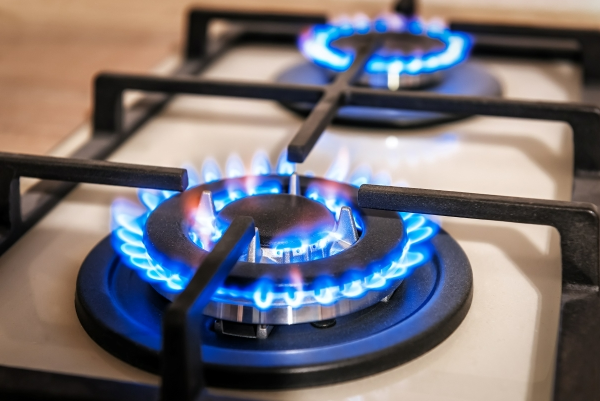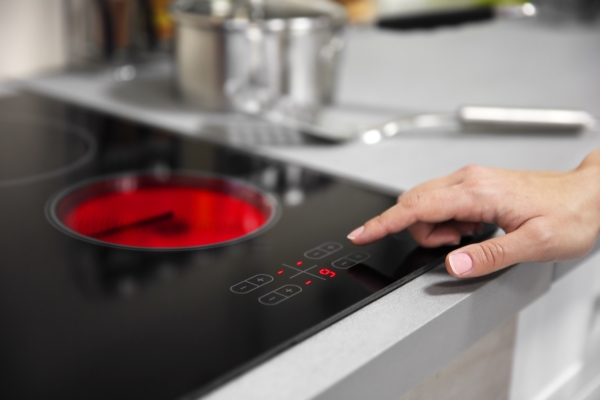Gas vs Electric Appliances: Which is More Efficient?

Depending on where you live you may have an option of using either gas or electric appliances. Before you switch from one to the other, read this article to help you make a more informed decision.
In general, gas appliances usually result in lower operating costs and more efficient use of resources for heating. Electric appliances typically carry a slightly higher initial price tag but last longer on average. However, running a natural gas line to your home may not be an option, and alternatives like propane, butane, and liquefied petroleum don’t offer the same low price.
Beyond the logistics of installation and operating costs, here’s a deeper look at the efficiency of gas vs. electric appliances.
An Efficiency Comparison of Gas vs. Electric Appliances
Looking at gas and electric appliances can sometimes feel like comparing apples to oranges. It helps to look at the comparison by the numbers:
- Cost of the appliance. Compared to gas, electric ranges tend to be a little bit more expensive to buy, coming in at about $450-2,800. Gas ranges average between $460-2,300. Other major appliances tend to follow suit, with gas options costing a little less.
- Cost of a new gas line or dedicated circuit. If your home doesn’t already have a gas line that can support a new appliance, getting one put in might be cost-prohibitive. A standard gas line runs about $20-30 per foot, but it can cost up to $75 per foot, depending on your area. In contrast, adding a new electrical appliance may require installing a dedicated circuit, which may cost anywhere from $150 to $750. However, most electrical systems are already set up to support new appliances.
- Operating costs. In most areas, natural gas costs less than electricity when it comes to operating your appliances. On average, a gas stove costs about 10-30% less to operate than an electric stove. Over time, these savings can help offset the initial installation cost of a new gas line.
- Overall efficiency. Gas appliances tend to use less energy than electric units do. Overall, your natural gas bill will be lower than your electric bill when it comes to powering appliances that create heat, especially in areas where electricity costs are higher. If you’re looking at stovetops, however, the most energy-efficient type is induction.
Answers to Common Questions About Gas vs. Electric:
Is a gas stove more efficient than electric?
In terms of heat loss, no. An electric stove has more efficient heat transfer than a gas stove, and an induction cooktop is the most efficient option overall. In terms of operating costs, however, gas stoves tend to have a lower bill because they heat faster and more evenly, resulting in less usage time.
Is a gas or electric dryer more energy efficient?
The answer depends on the dryer you get. The average gas dryer uses about 3,200 watts per hour (or 3.2 Kilowatt hours), while an electric dryer can use anywhere from 1,800 to 5,000 watts per hour. However, since natural gas tends to be cheaper, it usually costs less to run a gas dryer than an electric one.
Is one or the other easier to have repaired?
Electric appliances are usually easier to install and repair since gas appliances have more specialty parts like the gas intake assembly. You can connect with our appliance repair experts at Mr. Appliance for more insights about the two types of appliances.
Is gas or electric better for the environment?
While electricity “burns” cleaner, since it’s not burning anything at all, about 60% of US electricity is still produced by fossil fuels. Natural gas is one of the most clean-burning fossil fuel options available, so unless you know your electricity comes from a renewable source, natural gas is likely better for the environment where you live.
Experts Who Fix It All
When choosing either a gas or electric range, most people choose based on how they like to cook. For other appliances, the decision may come down to a matter of your location depending on the gas or electric hookups your home already has. Once you make your choice, your local Mr. Appliance is ready to ensure that your new appliances are set up correctly and continue to work properly for years to come. You can call us or schedule an appointment online to get started.
 Click to call
Click to call


